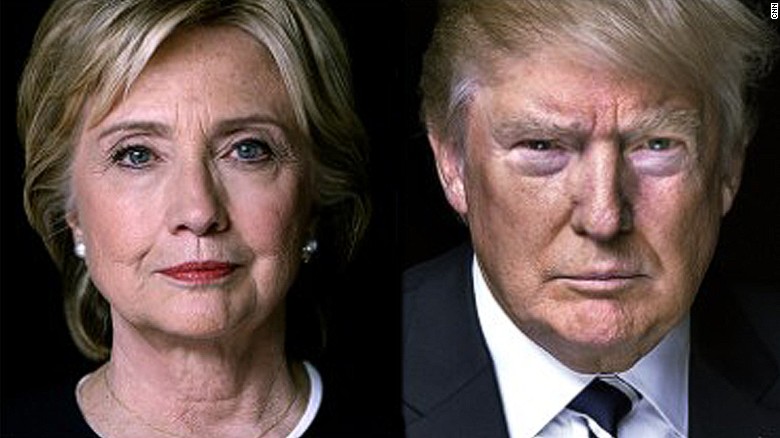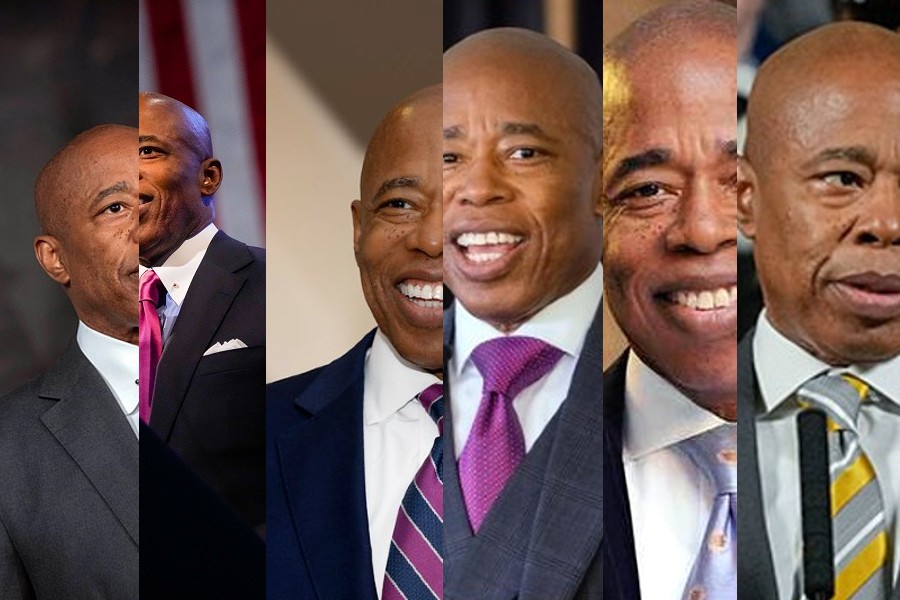 With the presidential election dominating the news cycles, many investors may be keeping an eye on the stock market as well as the voting booth as they wonder what impact the election of Hillary Clinton or Donald Trump could have on their portfolios.
With the presidential election dominating the news cycles, many investors may be keeping an eye on the stock market as well as the voting booth as they wonder what impact the election of Hillary Clinton or Donald Trump could have on their portfolios.
“Presidential elections are almost always a big part of the greater theme of markets, but in this case even more so,” says Benjamin Lupu, a Certified Financial Planner and founder of Kensington AMI, an asset-management firm.
Lupu says it’s important to understand that how voters weigh their Election Day choices and how the market views the candidates aren’t necessarily the same thing.
As hard as it might be, he says, investors should lay aside any personal political leanings as they assess what factors might keep the market humming and what factors might upset the market – and affect their investments in the process.
“From an investment standpoint, this isn’t about being for one candidate or the other,” Lupu says. “It’s a matter of trying to gauge what the markets might do depending on different scenarios, and trying to plan and respond accordingly.”
He says factors to consider include:
- The Clinton impact. What ever opinion people may have of Clinton, she represents status quo, continuity and predictability, which markets prefer, Lupu says. Markets in general have been buoyant in recent months as a decisive win for Clinton had been the consensus expectation and has been priced into the markets. Those expectations could change quickly, though, and investors would need to consider adjustments if they do. “Harsh reality may have something to say about this before the process is over, and any reversal in the polls can greatly upset markets,” he says.
- The Trump impact. Trump is extremely popular with his populist base in the U.S., and some people would consider a Trump victory good for business. The wild card, though, is that he’s immensely unpopular in much of the rest of the world, Lupu says. If the race is seen as close, or if Trump is considered to have a strong chance of winning, global markets could react negatively, at least initially. If the odds of a Trump win appear to be improving, it might be a good idea for investors to reduce exposure, stay partially in cash and see what transpires, Lupu says.
- A general approach. Financial security in the U.S. has traditionally come from three things: sound, long-term process; clear, unemotional thinking; and American optimism, Lupu says. “I like to say keep it clean, be disciplined and have faith in the future,” he says. In this case, that means be aware of market expectations, follow what happens, but stay focused and make prudent decisions based on facts and not emotions – or personal political preferences.
In any other presidential election year, Lupu says, he wouldn’t advocate keeping such a close watch on who’s ahead in the polls and the implications behind the poll numbers. But Clinton vs. Trump is far from the typical race.
“I admit this is not the usual playbook for election years,” Lupu says. “But then, this election is not the usual affair.”
Benjamin Lupu, a Certified Financial Planner, is founder of Kensington AMI www.KensingtonAMI.com, an asset-management firm in California. He has 36 years experience as an investment advisor, and his primary expertise is dividend and income investment and total return methodology.
Become a Harlem Insider!
By submitting this form, you are consenting to receive marketing emails from: . You can revoke your consent to receive emails at any time by using the SafeUnsubscribe® link, found at the bottom of every email. Emails are serviced by Constant Contact








